Nature vs. Nurture: Unpacking the Science of Child Development
25 November 2024
When it comes to understanding how children develop and grow, one debate has stood the test of time: the battle between nature and nurture. You’ve probably heard these terms thrown around in various parenting articles, but what do they actually mean? More importantly, how do they influence your child’s development?
In this article, we'll break down the essentials of the nature vs. nurture debate, explore what science says about the influence of genetics and environment, and dive into how this dynamic plays out in the real world. Buckle up as we untangle these powerful forces and help you better understand how your kiddo is shaped by both!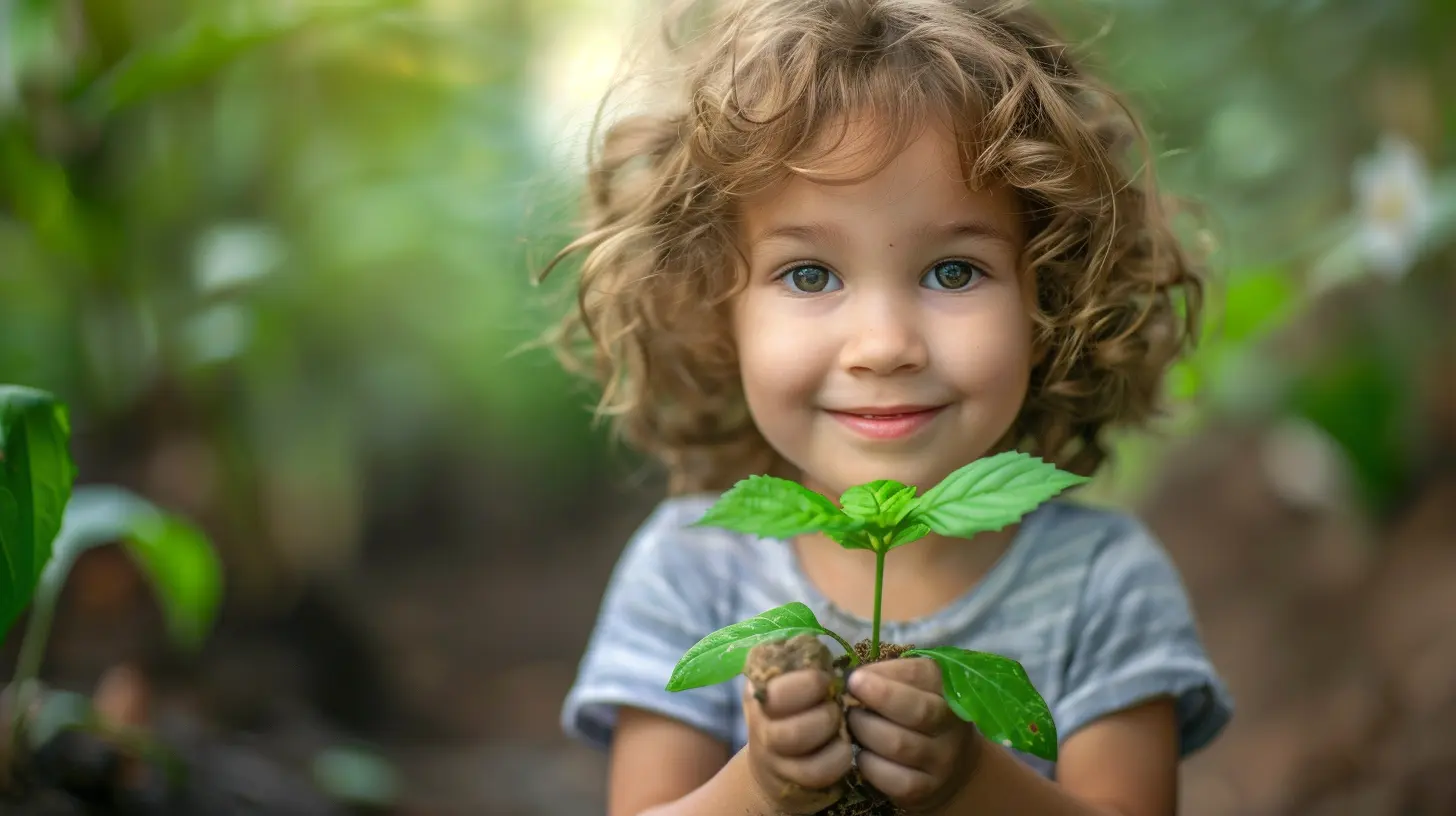
What Is "Nature" in Child Development?
The Role of Genetics: Born This Way?
When we talk about "nature" in child development, we're referring to all the traits your child inherits from you and your partner. That includes their eye color, height, and even some aspects of their personality. Think of it as their genetic blueprint. Everything they come into the world with, biologically speaking, falls under the umbrella of nature.Have you ever noticed that your child has a stubborn streak just like their dad? Or perhaps they're incredibly sensitive like grandma? That's nature at work. It's essentially the raw material your child is born with—traits encoded in their DNA.
Common Examples of Nature in Child Development:
- Physical Attributes: Height, hair color, eye color, skin tone, etc.- Temperament or Personality Traits: Shyness, aggression, emotional sensitivity.
- Intellectual Capacity: Some researchers argue that intelligence has a genetic component, though it's not the full story.
The Science Behind Nature
Genetics is incredibly complex, but let's simplify things. There’s a field called behavioral genetics that studies how our genes affect our behavior. What scientists have found over the years is fascinating: certain traits and behaviors have a strong genetic component.For example, twin studies offer some of the most compelling evidence for the power of nature. Identical twins share the same DNA, yet even when raised apart, they show incredible similarities in mannerisms, intelligence, and personality traits. If that doesn't make the argument for nature, I don’t know what will!
But here's the kicker: even though genetics gives us an initial 'coding,' it’s not the whole story. This is where nurture enters the picture.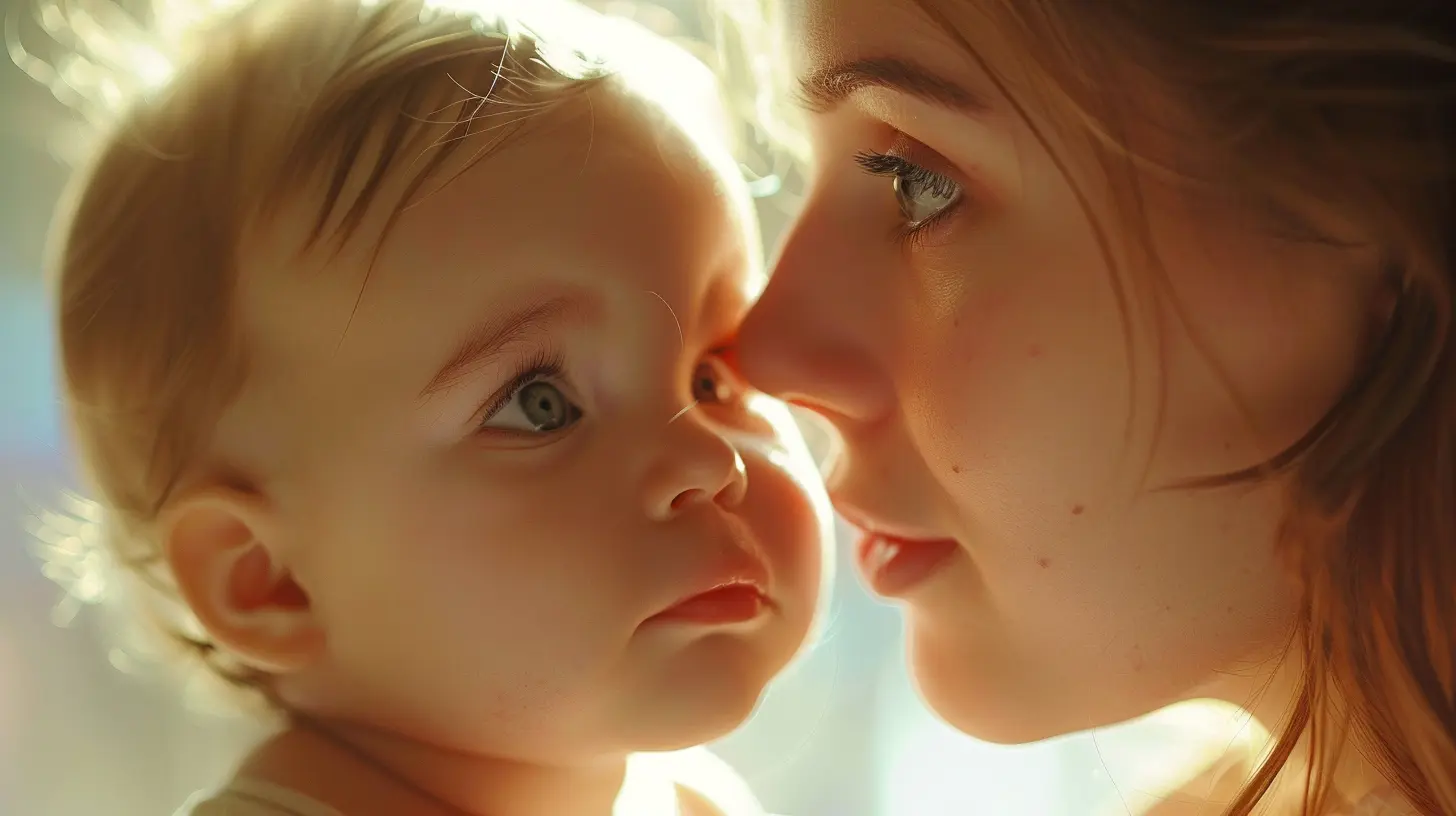
What Is "Nurture" in Child Development?
The Impact of Environment: Shaped by Experience
"Nurture" refers to the environmental factors that influence a child’s development after birth. Everything from where you live, the schools your child attends, their friendships, and even the kind of parenting you practice—these all shape who they become.It’s a bit like planting a seed, right? You can’t control the seed's DNA (that's nature), but you can control the soil you plant it in, how much sun and water it gets, and whether you shield it from harsh weather (that’s nurture!). The environment in which a child grows has a profound influence on their behavior, personality, and even cognitive abilities.
Examples of Nurture in Child Development:
- Parenting Style: Are you hands-off or do you prefer an authoritative approach? Your parenting style plays a big role.- Education: The type of schooling and extracurricular activities your child engages in can affect their cognitive and social growth.
- Peer Influence: Once your child starts making friends, their social circle can wield considerable influence over their behavior and choices.
The Science Behind Nurture
The influence of nurture is clear in numerous studies. For instance, children raised in stimulating environments with plenty of interaction, exposure to language, and cognitive engagement generally perform better in school. Also, children raised by warm, nurturing families tend to develop better social skills and emotional intelligence.Remember those identical twin studies I mentioned earlier? Even though twins share identical genes, there's often still a difference in how they behave based on the environments they were raised in. This is particularly evident in their socioeconomic status, education, and even emotional regulation.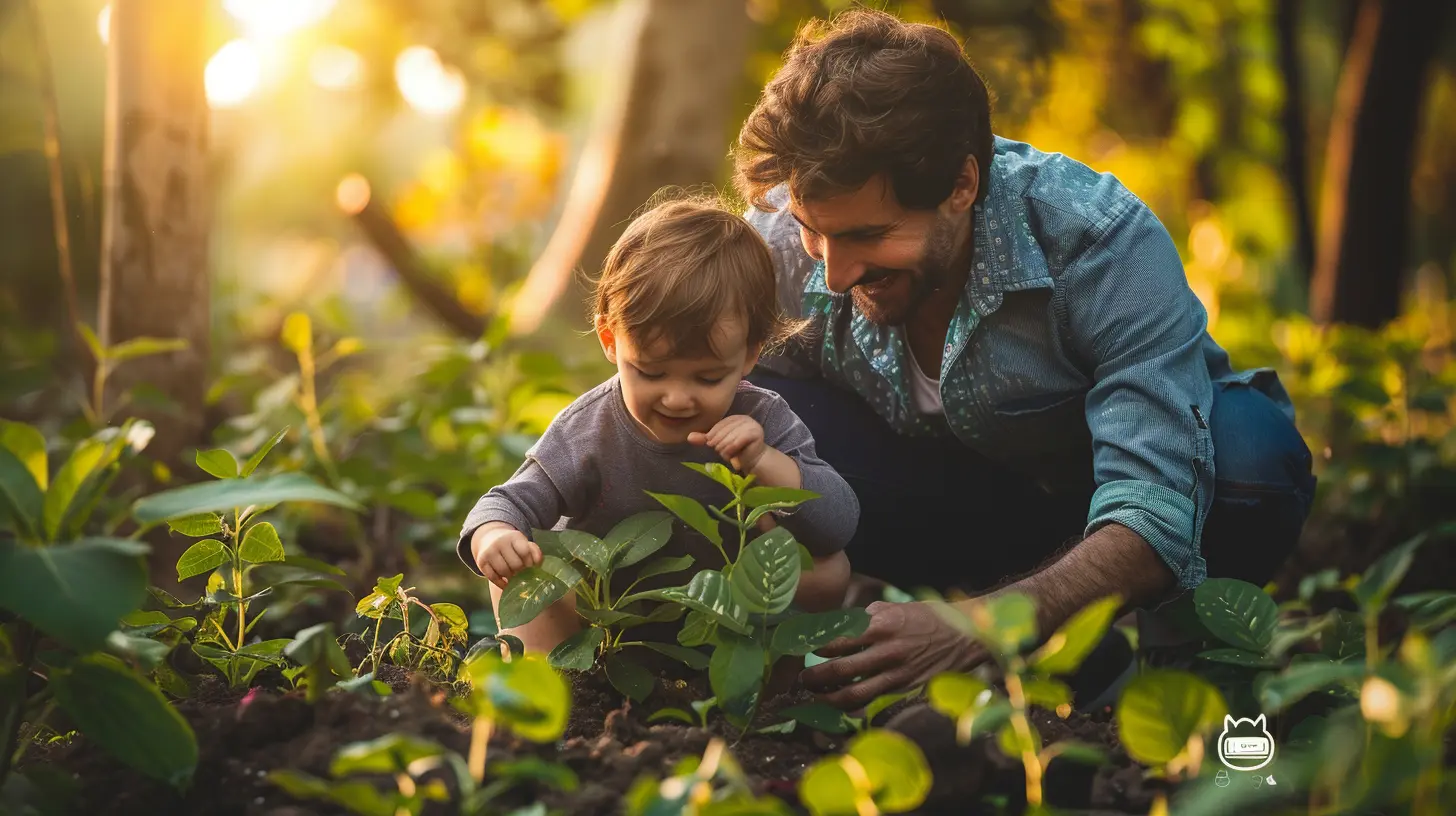
Nature vs. Nurture: Does One Outweigh the Other?
Now, here’s the million-dollar question: Does nature or nurture have more of an impact on your child’s development?The short answer: It’s not either/or. It’s both.
In fact, experts today lean toward a model called epigenetics—which basically says that nature and nurture don’t work in isolation; they’re constantly interacting. Your child's genes may predispose them to certain traits, but environmental factors can "turn on" or "turn off" these genetic markers.
Let’s break this down with an example. Say your child has a genetic disposition toward athleticism (thanks, Grandpa!), but they grow up in an environment without much physical activity. In this case, the environment might inhibit the expression of those athletic genes. Or, conversely, a child who isn’t born with a natural athletic streak could still become great at sports if they're consistently nurtured in an environment that encourages physical activity.
In real life: You might notice some traits that seem baked in from day one (like your toddler's boundless energy or their love for books), but you’ll also see how much they change based on the experiences they have. Maybe they're naturally inclined toward math, but it's nurturing that makes them truly excel in it.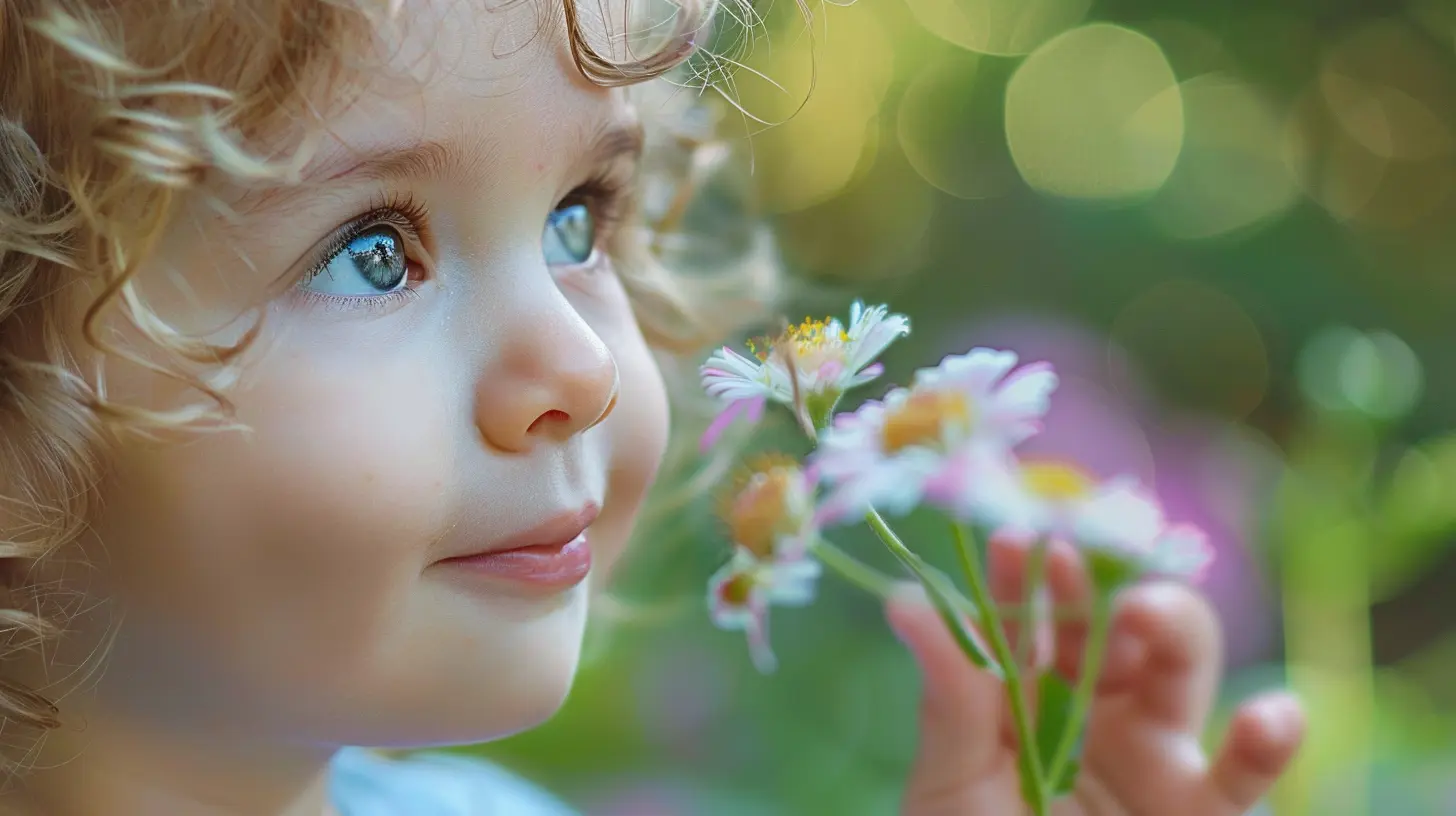
Key Areas Where Nature and Nurture Interact
1. Personality
Is your child the life of the party, or more of an introvert who prefers to play alone? Genetics can provide some clues, but social interactions and home environment play a huge role in shaping their personality over time. A shy child might become more outgoing with enough positive social interactions, while an extroverted child might tone down if constantly exposed to introverted settings.2. Intelligence and Learning
While intelligence does have some hereditary roots, the environment plays an enormous role in academic success. For instance, children raised in homes where books are readily available and learning is encouraged tend to perform better in school. Quality of education and even the presence of stressors like poverty can significantly influence a child's academic development.3. Behavior and Social Skills
No child is born knowing how to navigate complex social situations—that’s all nurture. As they grow, family teachings, the behavior they observe, and peer interactions help shape how they interact with the world. For instance, exposure to a nurturing environment that emphasizes empathy and kindness can foster these traits in your child.4. Mental Health
Mental health offers a fascinating illustration of the nature vs. nurture balance. Some mental health disorders—like anxiety, depression, or ADHD—can have genetic roots. However, environmental factors (nurture) such as family dynamics, trauma, or stress can trigger or worsen these conditions. At the same time, a supportive, loving environment can help manage or mitigate symptoms.The Role of Parents: How Can You Influence Both Nature and Nurture?
So, what’s a parent to do? Since we can't rewrite our child's genes, does that mean we’re off the hook? Absolutely not! While nature plays a part in laying the groundwork, nurture is where we, as parents, have the most influence.Here’s how you can nurture that nature:
1. Provide a Stimulating Environment: Make your home an engaging and enriching space. Offer plenty of books, puzzles, and opportunities for creative play. Even a trip to the local park can provide new and exciting experiences for your child to absorb.
2. Encourage Social Interactions: Whether through playdates, preschool, or family gatherings, social interaction is crucial for developing communication and emotional skills. Plus, they need those life lessons in sharing, trust me!
3. Positive Reinforcement: Praise efforts rather than just outcomes. Even if your child struggles with something, acknowledging their hard work can build resilience and encourage a growth mindset.
4. Provide Emotional Support: Encourage open communication, show empathy, and be there for them during tough times. A loving, supportive environment can go a long way in nurturing emotional well-being.
5. Model Behavior: Your kids are watching you, always. If you want them to be kind, empathetic, or disciplined, embody those qualities yourself. Children often mirror what they see at home.
Conclusion: Finding the Balance
When it comes down to it, there’s no clear “winner” between nature and nurture. They’re partners in the amazing journey of child development, each playing off the other. Genes may set certain potentials, but environmental factors—like the love, care, and opportunities we provide—ultimately influence how that potential unfolds.So, the next time someone asks you if it’s nature or nurture, you can confidently say, “It’s both!” After all, raising a child is like growing a garden. You plant the seed (nature), but it’s the sunlight, water, and care you provide (nurture) that allows it to bloom into something unique and wonderful.
all images in this post were generated using AI tools
Category:
Child DevelopmentAuthor:

Kelly Snow
Discussion
rate this article
13 comments
Runehart Graham
Thank you for this insightful article! It beautifully highlights the intricate balance between genetics and environment in shaping child development. It's crucial for parents to understand both aspects for fostering healthy growth in their children.
February 2, 2025 at 3:45 AM

Kelly Snow
Thank you for your thoughtful comment! I'm glad you found the article insightful and relevant to parents navigating child development.
Trinity Becker
This article effectively highlights the intricate interplay between genetics and environment in shaping child development. By exploring both perspectives, it promotes a holistic understanding that encourages parents to recognize their role in nurturing innate traits while also acknowledging the influence of biological factors on behavior and personality.
January 28, 2025 at 4:48 PM

Kelly Snow
Thank you for your insightful comment! I'm glad you found the article's exploration of the nature vs. nurture debate valuable in understanding child development.
Cadence Ross
What a delightful read! 🌼 Understanding the balance of nature and nurture in child development is essential for every parent. Embracing both aspects can truly enrich our children's lives and help them flourish. Thank you for shedding light on this fascinating topic! 🌱
January 18, 2025 at 3:51 AM

Kelly Snow
Thank you for your kind words! I'm glad you found the article insightful. Embracing both nature and nurture is indeed vital for fostering our children's growth! 🌟
Audra Banks
Embrace the chaos! Nature and nurture both shape our kids, but let’s be real: love, laughter, and life experiences make the biggest impact. Own your journey!
January 12, 2025 at 5:00 PM

Kelly Snow
Absolutely! Love and life experiences are pivotal in shaping our children's development. Embracing both nature and nurture enriches their journeys. Thank you for your thoughtful comment!
Cypher McAleer
Ah, the classic debate! As parents, we often wonder if our kids will grow up to be Einsteins or just really good at hiding snacks. Nature might give them the genes, but nurturing will definitely determine how many times they ask for dessert!
January 8, 2025 at 4:04 AM

Kelly Snow
Absolutely! Both nature and nurture play crucial roles in shaping a child's development—genes set the stage, but nurturing truly influences their growth and choices.
Wyatt McEachern
Embrace the beautiful dance of nature and nurture in your child's development—every moment shapes their journey. Let's celebrate the power of purposeful parenting!
January 2, 2025 at 4:55 PM

Kelly Snow
Thank you for your insightful comment! Embracing both nature and nurture is indeed essential in shaping a child's development. Let's continue celebrating the intricate balance between these two forces!
Vance Morrow
Nature lays the groundwork, but nurturing paints the masterpiece. As parents, we wield the brush—let's create a vibrant canvas where our children can flourish, blending science with love and intention.
December 25, 2024 at 5:15 AM

Kelly Snow
Thank you for your insightful comment! I completely agree that while nature provides the foundation, nurturing plays a crucial role in shaping a child's potential. It's a beautiful interplay that emphasizes the importance of both elements in child development.
Denise Acevedo
Nature provides the genes, nurture provides snacks!
December 17, 2024 at 5:07 PM

Kelly Snow
Great point! Nature lays the foundation, but nurture enriches the experience—especially when it comes to snacks!
Candace Pacheco
Both genetics and environment shape child development; understanding them is essential for parents.
December 12, 2024 at 3:39 AM

Kelly Snow
Thank you for your insightful comment! Indeed, both genetics and environment play crucial roles in shaping a child's development, and understanding this interplay is vital for effective parenting.
Julia Chavez
Child development is a complex dance; both nature and nurture shape unique individuals.
December 9, 2024 at 3:29 AM

Kelly Snow
Thank you for your insightful comment! Indeed, the interplay between nature and nurture is essential in shaping each child's development.
Noelle Rocha
This article insightfully highlights the intricate interplay between genetics and environment in shaping child development. Acknowledging that both factors contribute uniquely encourages parents to foster supportive surroundings while recognizing each child's inherent traits, ultimately promoting a balanced approach to raising thriving individuals.
December 6, 2024 at 4:58 PM

Kelly Snow
Thank you for your thoughtful comment! I'm glad you found the article highlights the crucial balance between genetics and environment in child development. Your insights on fostering supportive surroundings resonate well with the core message.
Xander McLanahan
Who knew parenting was a thrilling mix of nature's genes and our own creative chaos? Let’s embrace the wild ride of raising tiny humans—both science and silliness included!
November 28, 2024 at 4:39 PM

Kelly Snow
Absolutely! Parenting truly blends biology and creativity, making it an exciting journey of discovery and growth. Let's celebrate the chaos!
Elsinore Gray
In the dance of life, both nature and nurture intertwine, Seeds of potential, watered by love, brightly shine. Each child a canvas, painted with care, In the tapestry of growth, both elements share. Together they flourish, a bond beyond compare.
November 26, 2024 at 5:24 AM

Kelly Snow
Thank you for beautifully capturing the essence of the nature vs. nurture debate! Your poetic perspective highlights the vital interplay between genetic potential and environmental influences in child development.
MORE POSTS

Creating a Fun and Engaging Morning Routine for Preschoolers

Tips for Startling Conversations on Tough Days

Easy Plant-Based Meals for the Whole Family

The Importance of Protein in Your Child's Diet and How to Incorporate It
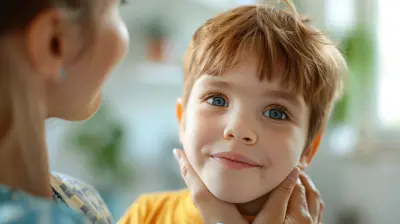
Effective Home Remedies for Teething Discomfort

Identifying Natural vs. Synthetic Teething Remedies

Raising a Child in a High-Stress World: Tips for Balance

The Role of Play in Developing Motor Skills and Coordination

Hydration and Health: How Much Water Should Your Child Really Drink?